A historic 540-acre sporting estate in Derbyshire with sweeping lawns, stunning parkland and fishing opportunities
On the market for the first time in 80 years, historic Ireton Wood Hall has a story to tell. Penny Churchill reports.
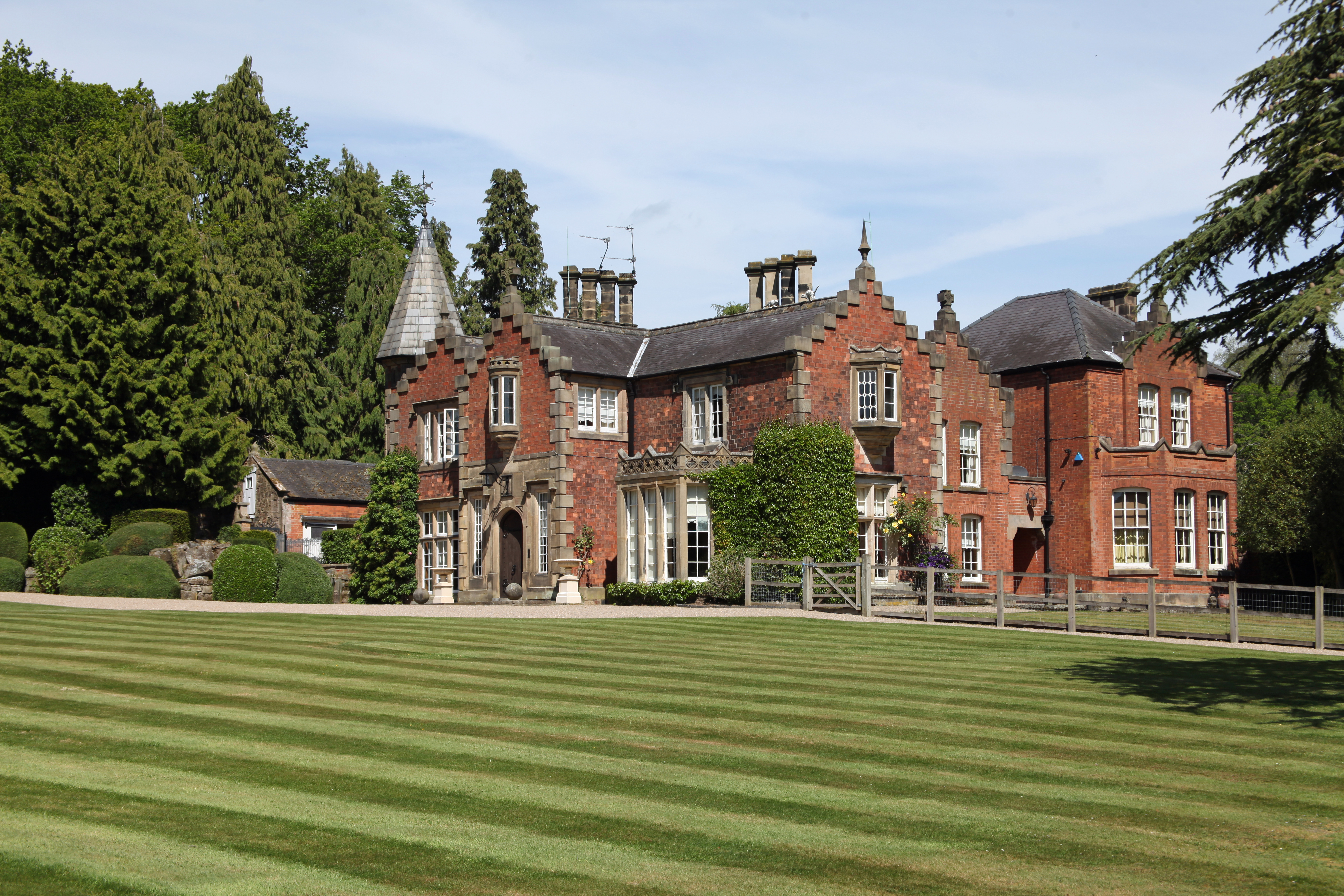

In a year that has seen few genuine sporting estates emerging onto the open market, the sale, for the first time in more than 80 years, of the historic 540-acre Ireton Wood Hall estate at Idridgehay, near Belper, Derbyshire, is an event to be savoured by the fieldsports community at large.
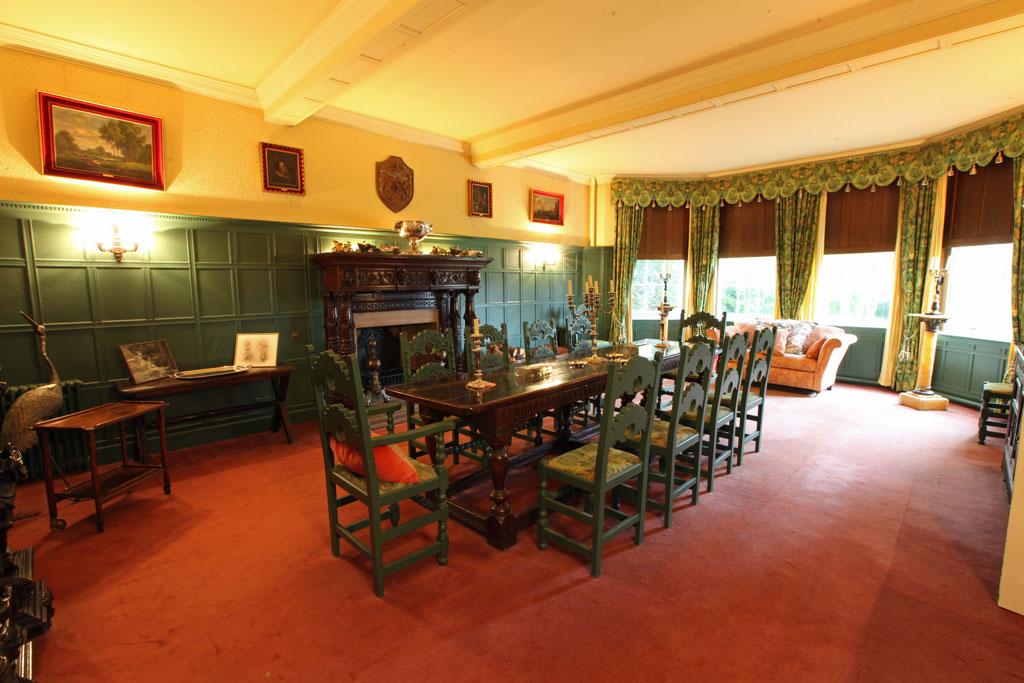
Selling agent Edward Caudwell of Caudwell & Co, who quotes a guide price of £8 million for the picturesque estate with its fine, Grade II-listed Hall, paints an enticing picture: ‘It’s extremely rare for an estate such as this to come to the market in Derbyshire – rarer still to find one located two fields to the south of the southern boundary of the Chatsworth estate between Matlock and Ashbourne, with three other well-known shoots in the near vicinity. In fact, in the past 20 years, I can recall only three estates sold in the county with more than 500 acres.
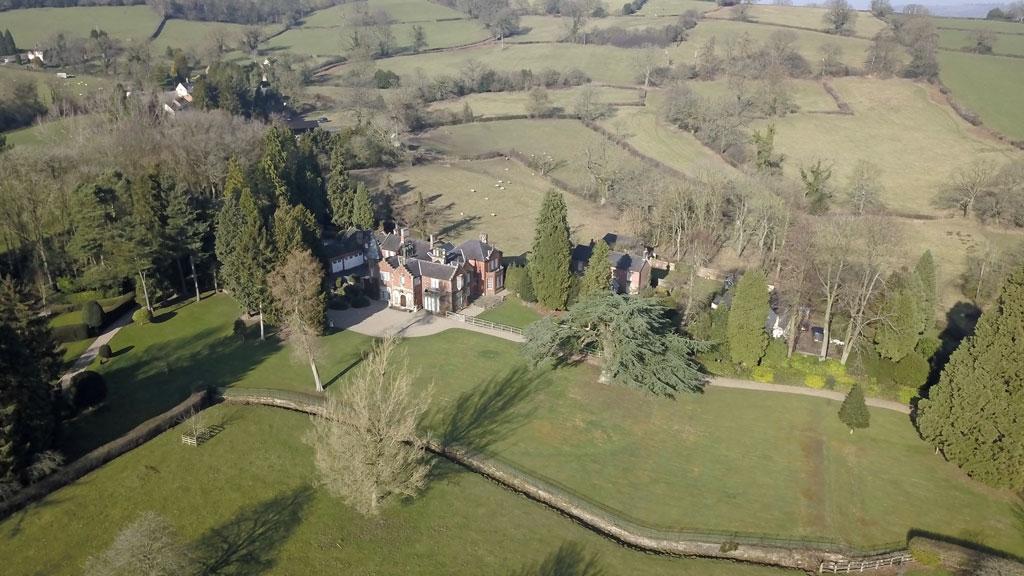
‘With its magnificent topography of rolling hills and good woodland cover,’ he continues, ‘the Ireton Wood Hall estate offers great potential for someone to re-create what was a lovely little shoot, with fishing on the River Ecclesbourne that runs through the grounds – amenities that persuaded the owner’s late father to buy the estate back in 1937.’
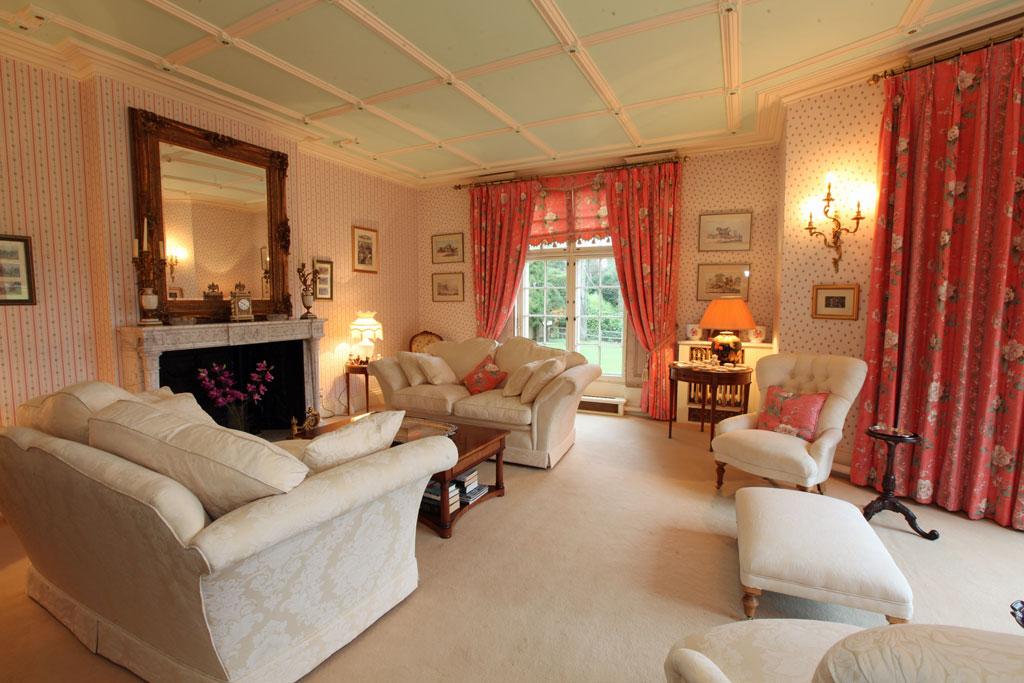
Imposing Ireton Wood Hall is set close to the heart of the land, surrounded by sweeping lawned gardens with a ha-ha overlooking parkland; the rest of the estate is a mix of grazing and woodland, the former subject to various tenancy agreements. The forerunner to the present house dates from 1630, when it was the seat of Thomas Catesby, whose forbear, Robert, was a leading conspirator in the Gunpowder Plot. Thomas’s widow, Elizabeth, was still living there in 1670, seven years after her husband’s death. In the 18th century, the house was let to the Alsops, the last of whom to live there was Robert Alsop in 1829.
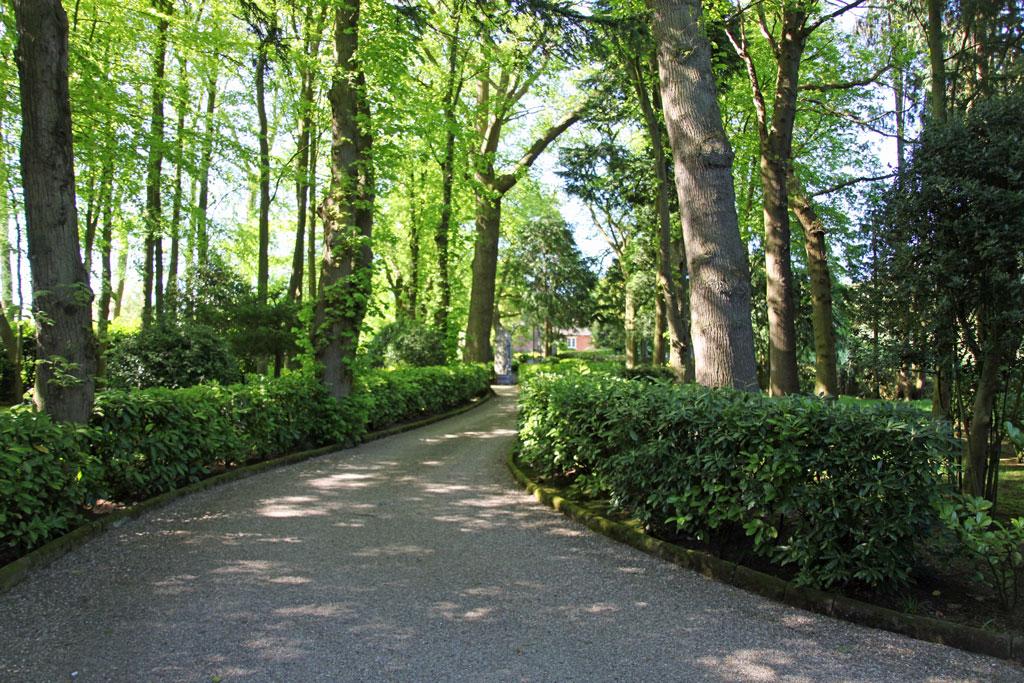
Soon afterwards, Ireton Wood Hall was bought by Frederick Richard Leacroft, who, according to its listing, built much of the present hall in about 1865. To the very modest L-shaped 17th-century house, probably built by Catesby, he added a two-storey brick range, with stepped gables to the left and centre, the latter projecting forwards with a small oriel over a four-centred arched doorway, the former having a striking, octagonal, two-storey tower with a tall spire – the present boudoir, now part of the impressive master suite.
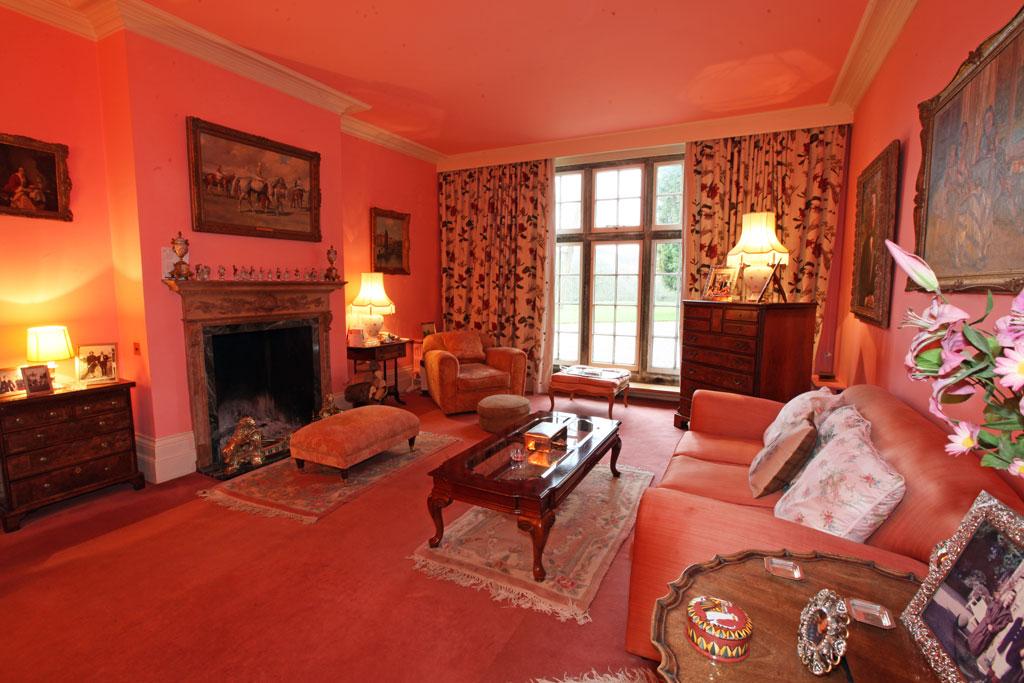
The Leacroft family, who were local landowners, initially let and later sold the hall to Norman Swingler, who apparently found the house too small. He demolished much of the remaining 17th-century building, replacing it with a large red-brick extension behind Leacroft’s range. He also added a service wing to the north-east.
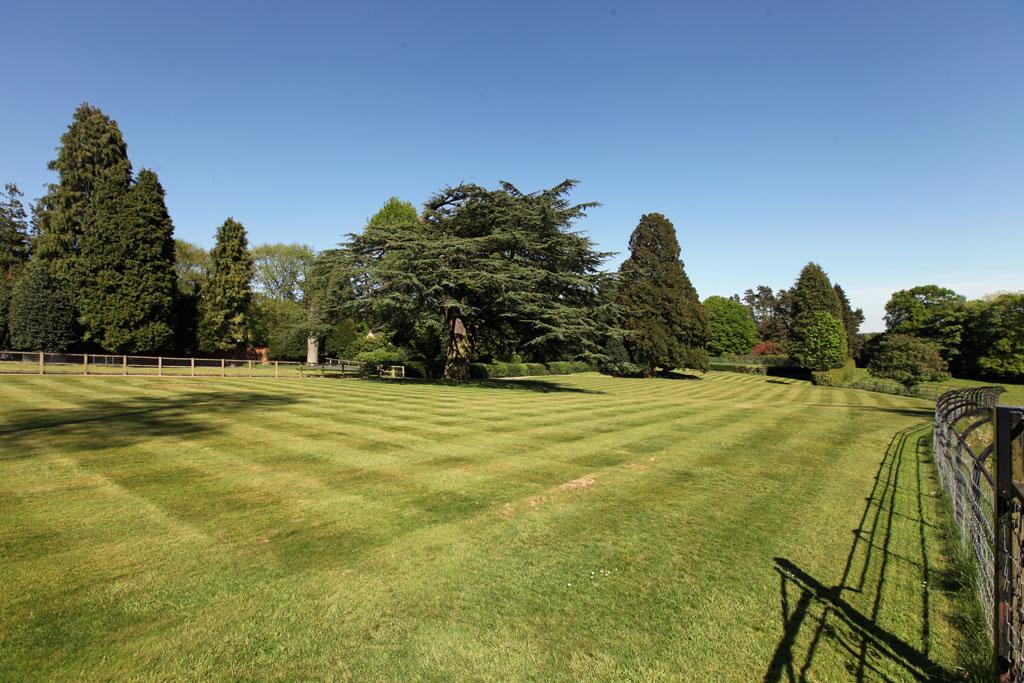
The house has been well maintained over the years and offers more than 8,000sq ft of accommodation, comprising a large reception hall, four reception rooms including the charming 17th-century dining room and the intimate ‘smoke room’, with the master bedroom suite, four double bedrooms and a family bathroom on the first floor, and a further two bedrooms, two reception rooms, a kitchen and bathroom in Swingler’s wing.
Sign up for the Country Life Newsletter
Exquisite houses, the beauty of Nature, and how to get the most from your life, straight to your inbox.
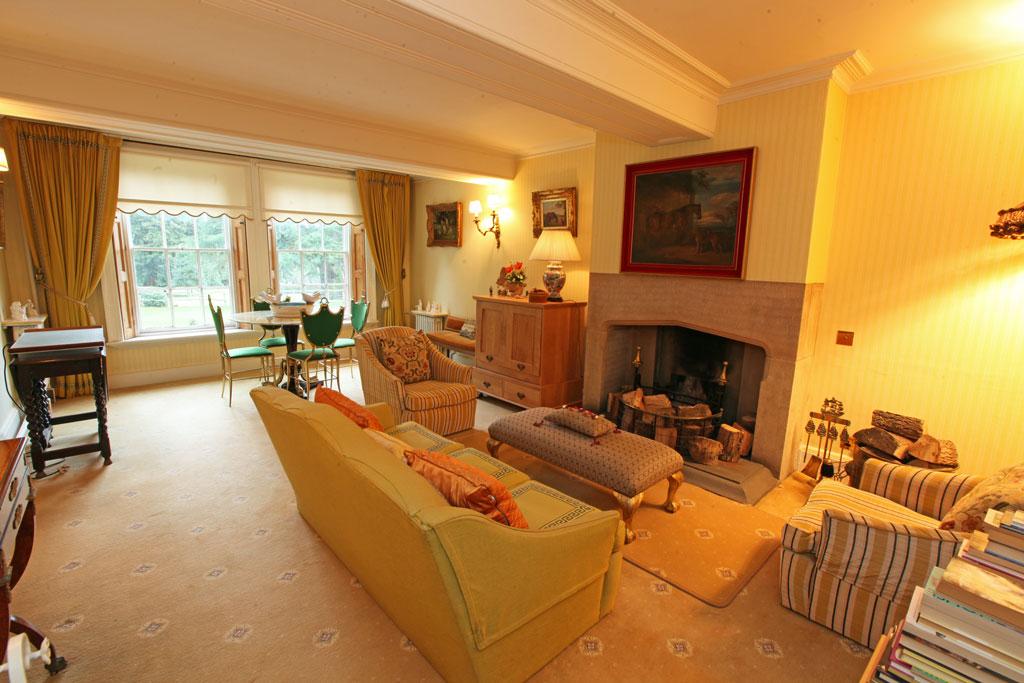
A rear tiled courtyard gives access to garaging, stabling, a tack room, and, at the end of the garden, an En-tout-cas tennis court and garden pavilion.
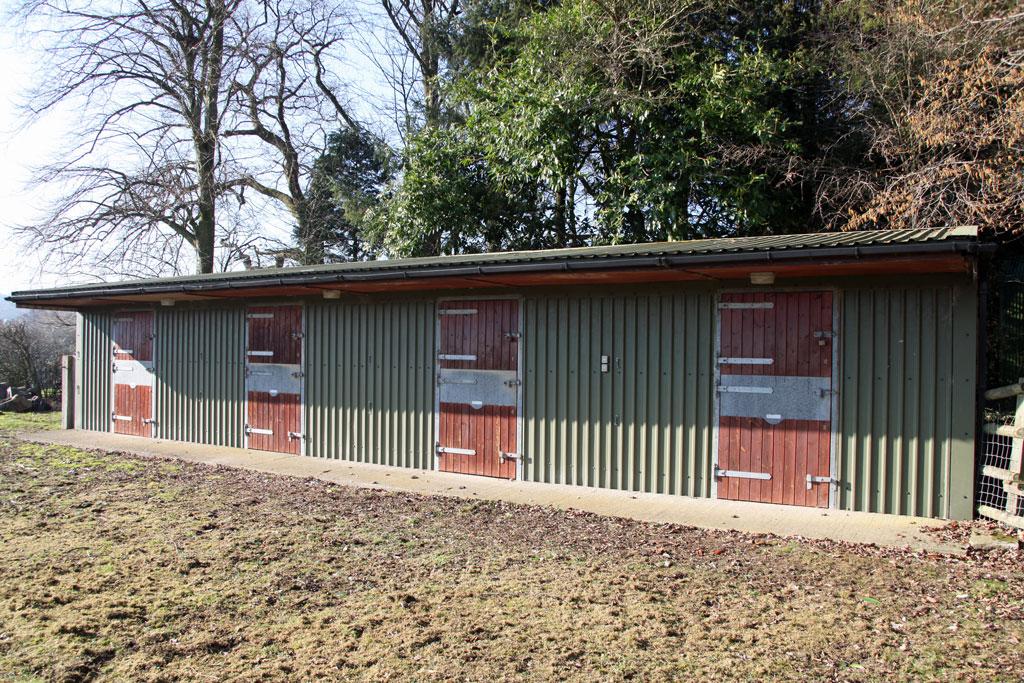
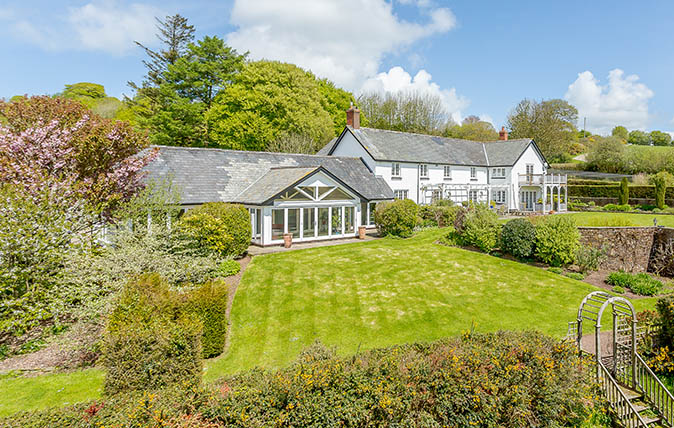
A glorious 364-acre West Country estate with a wonderful house plus shooting, fishing and stables

Credit: Savills
An 80-acre Cotswolds estate with atmospheric main house, bordered by the River Avon
Estcourt Grange boasts 65 acres of ring-fenced farmland, perfect for grazing horses or livestock.
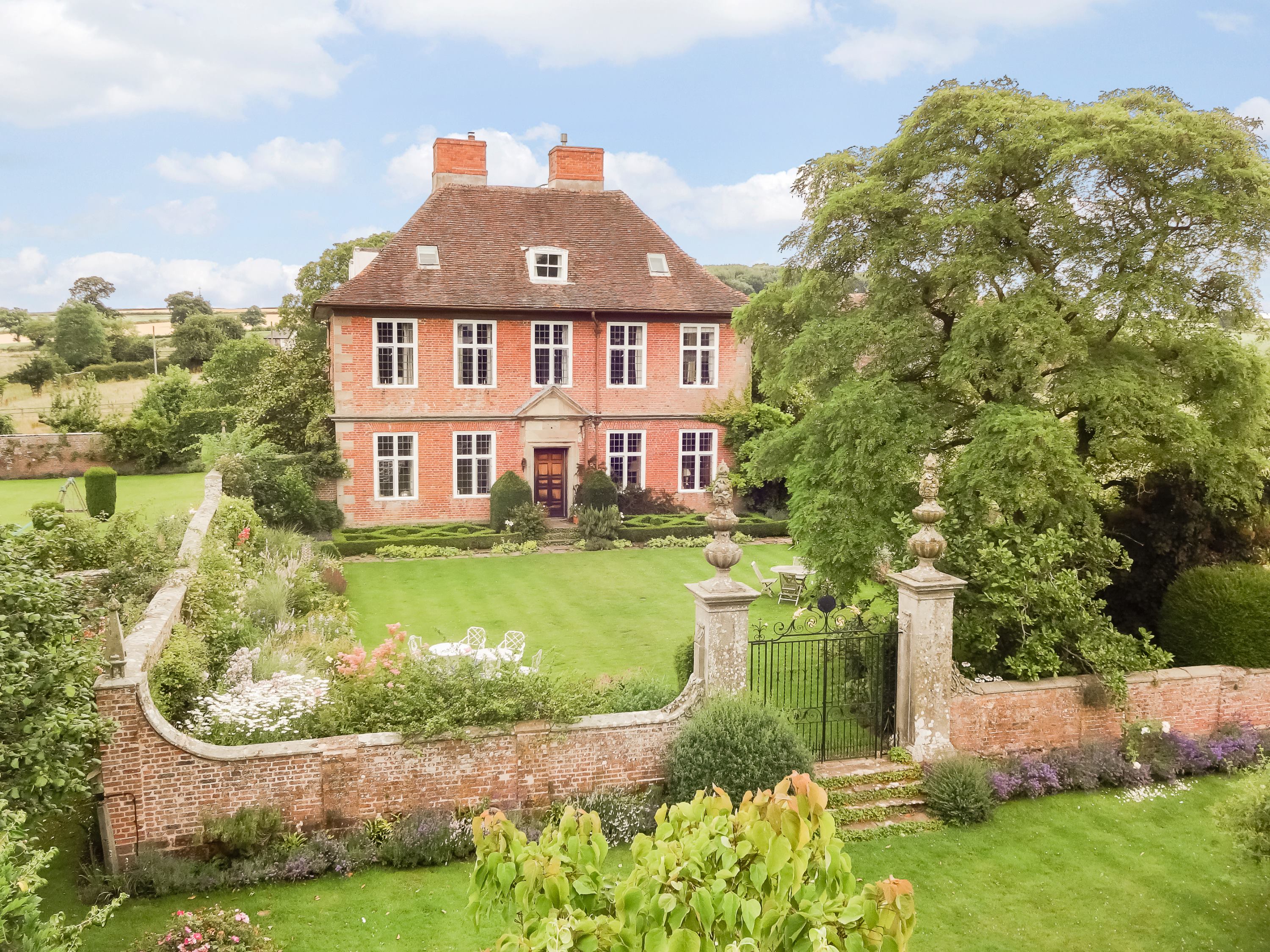
Credit: Strutt & Parker
A wonderfully unspoilt 120 acre estate in the heart of ‘a Country of Gardens and Orchards’
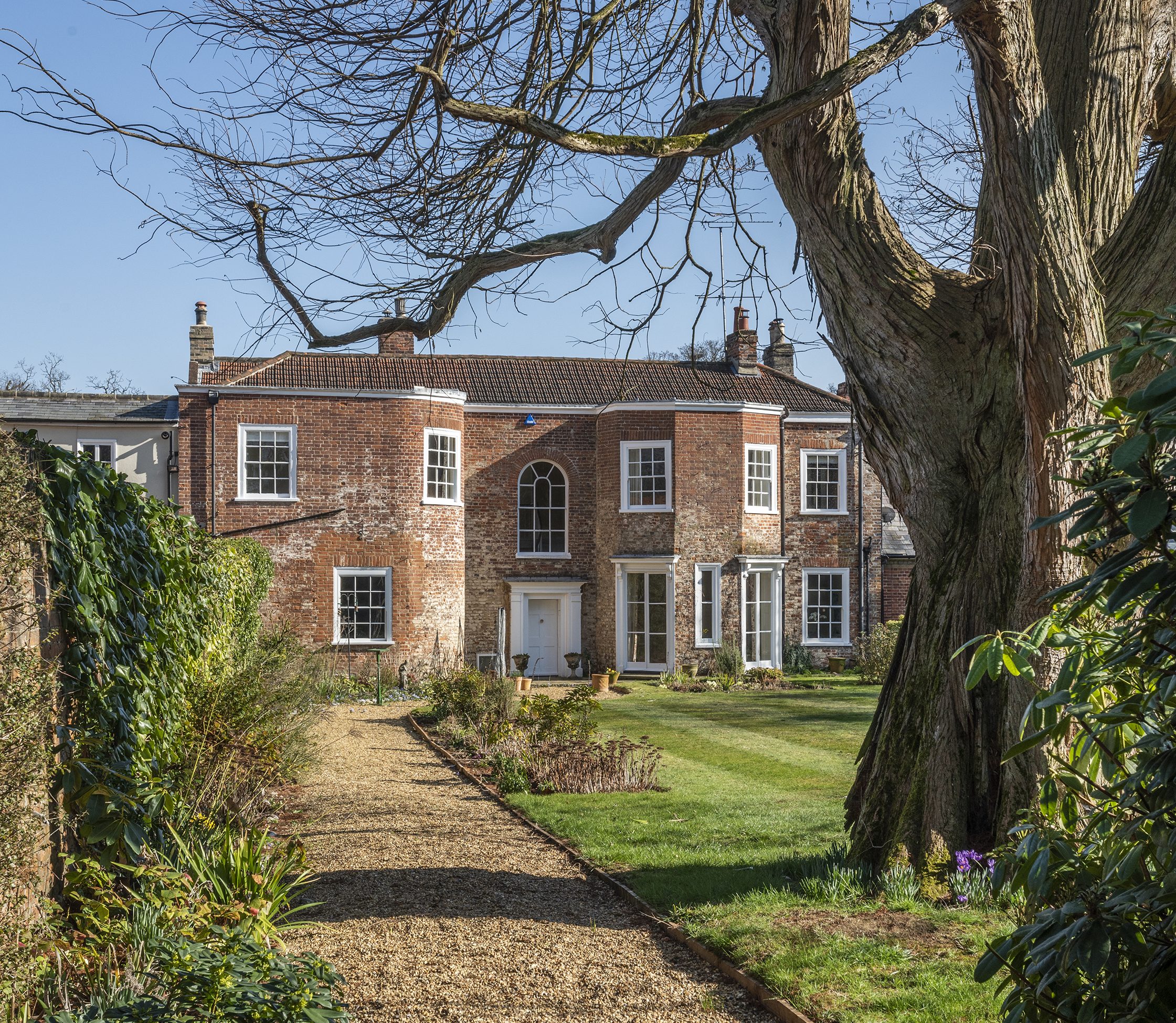
Credit: Bedfords
A stunning Grade II-listed country house in Norfolk, adjoining a 4,500-acre National Trust estate
The Grange in Aylsham is an extraordinarily well-appointed country house, with numerous outbuildings and a charming demeanour, inside and out.
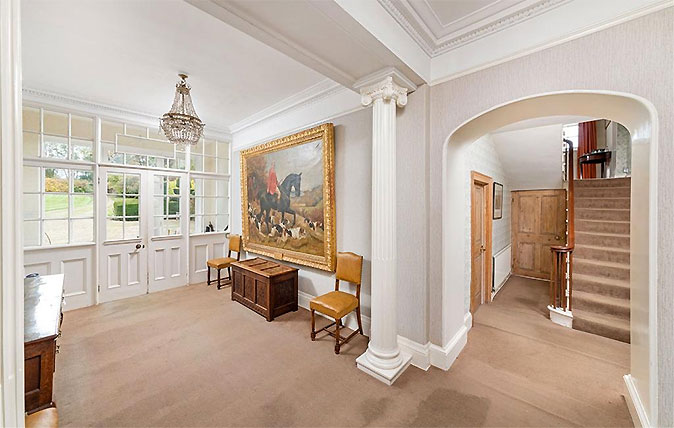
Credit: Strutt & Parker
A nine-acre estate with plenty of room for improvement, wonderfully secluded in the north of England
Old Ridley Hall is a Grade II-listed country house, under 20 miles from the busy Newcastle-upon-Tyne, yet firmly ensconced in
-
 Vertigo at Victoria Falls, a sunset surrounded by lions and swimming in the Nile: A journey from Cape Town to Cairo
Vertigo at Victoria Falls, a sunset surrounded by lions and swimming in the Nile: A journey from Cape Town to CairoWhy do we travel and who inspires us to do so? Chris Wallace went in search of answers on his own epic journey the length of Africa.
By Christopher Wallace Published
-
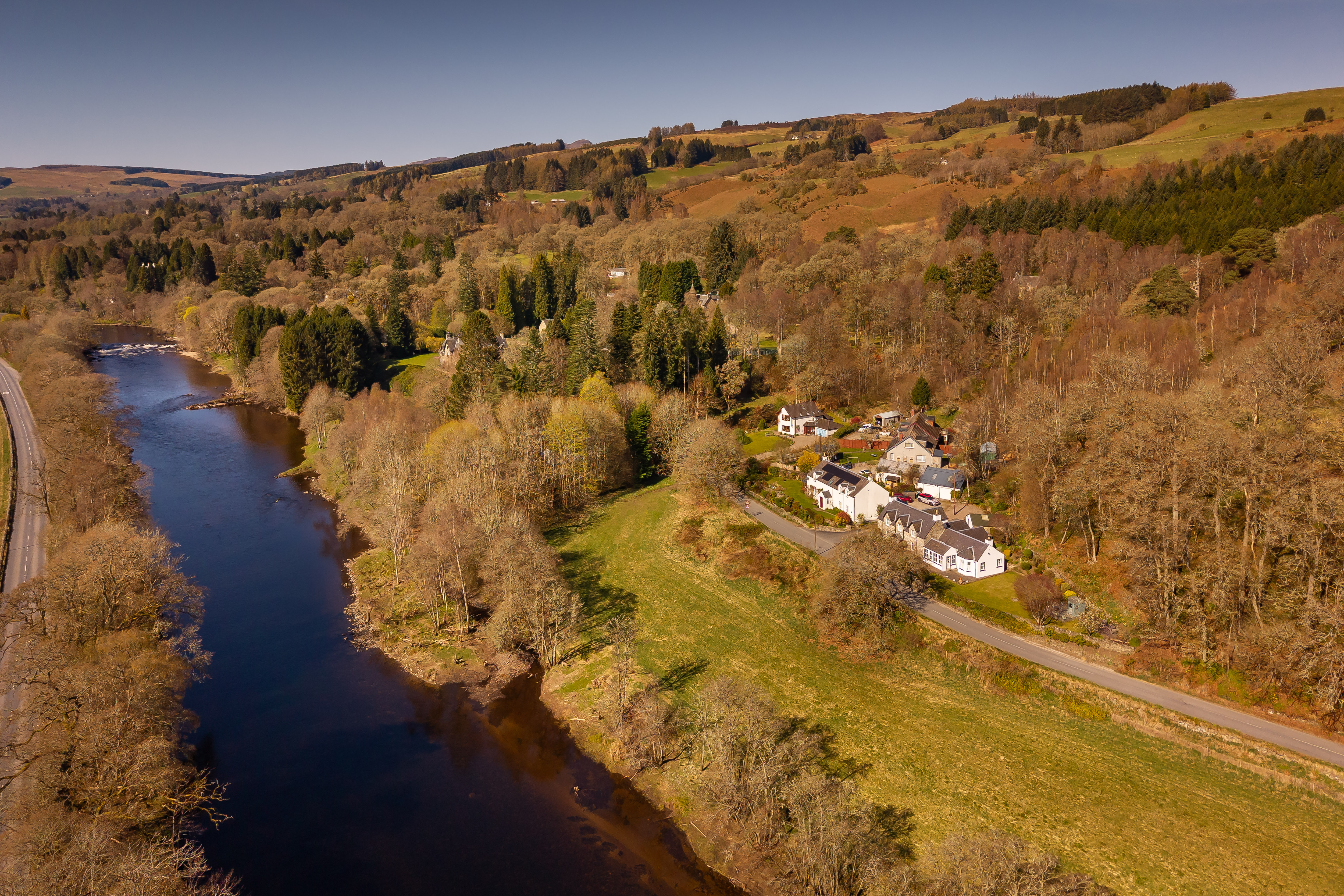 A gorgeous Scottish cottage with contemporary interiors on the bonny banks of the River Tay
A gorgeous Scottish cottage with contemporary interiors on the bonny banks of the River TayCarnliath on the edge of Strathtay is a delightful family home set in sensational scenery.
By James Fisher Published
-
 A gorgeous Scottish cottage with contemporary interiors on the bonny banks of the River Tay
A gorgeous Scottish cottage with contemporary interiors on the bonny banks of the River TayCarnliath on the edge of Strathtay is a delightful family home set in sensational scenery.
By James Fisher Published
-
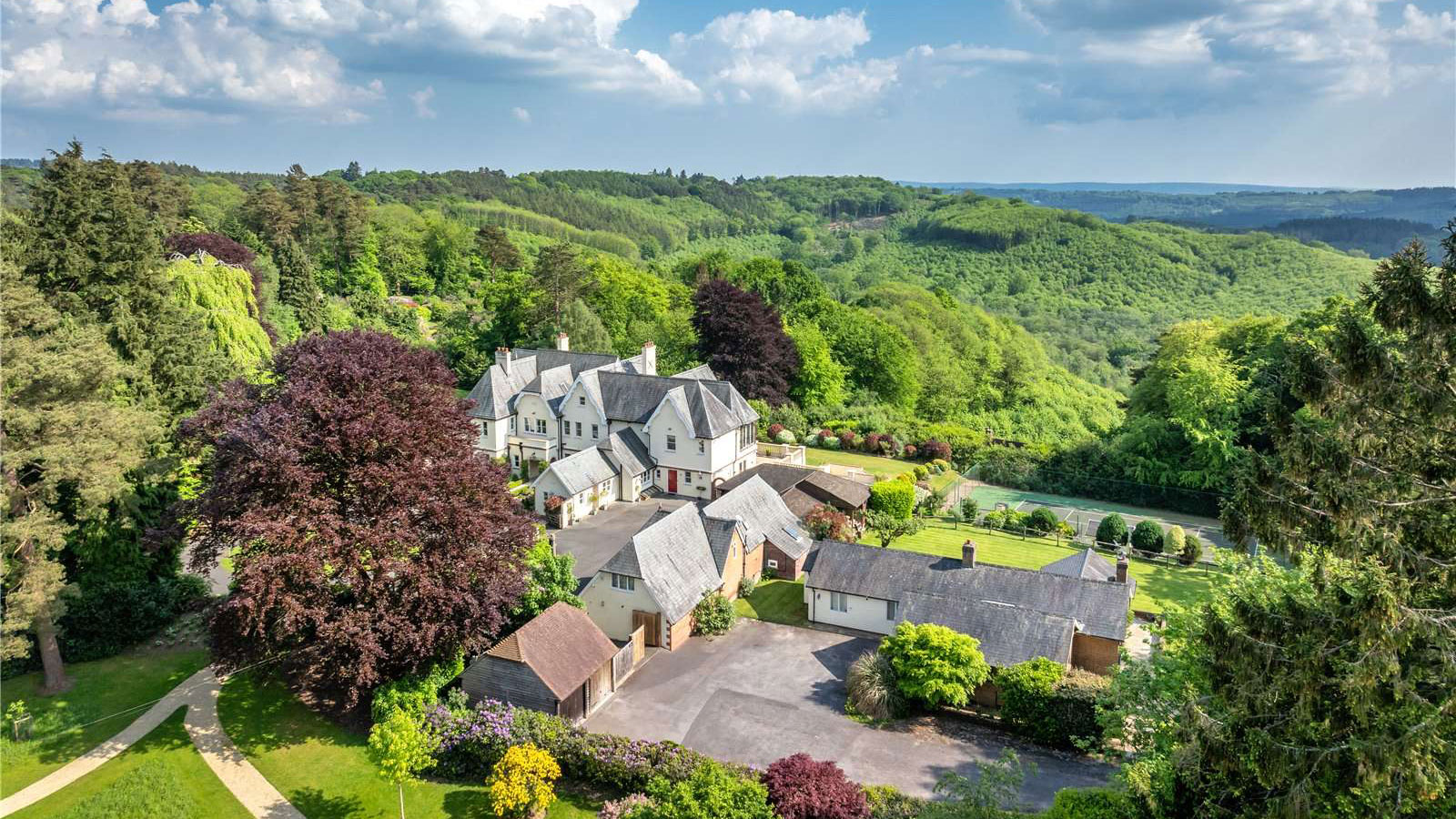 Six rural properties with space, charm and endless views, as seen in Country Life
Six rural properties with space, charm and endless views, as seen in Country LifeWe take a look at some of the best houses to come to the market via Country Life in the past week.
By Toby Keel Published
-
 380 acres and 90 bedrooms on the £25m private island being sold by one of Britain's top music producers
380 acres and 90 bedrooms on the £25m private island being sold by one of Britain's top music producersStormzy, Rihanna and the Rolling Stones are just a part of the story at Osea Island, a dot on the map in the seas off Essex.
By Lotte Brundle Published
-
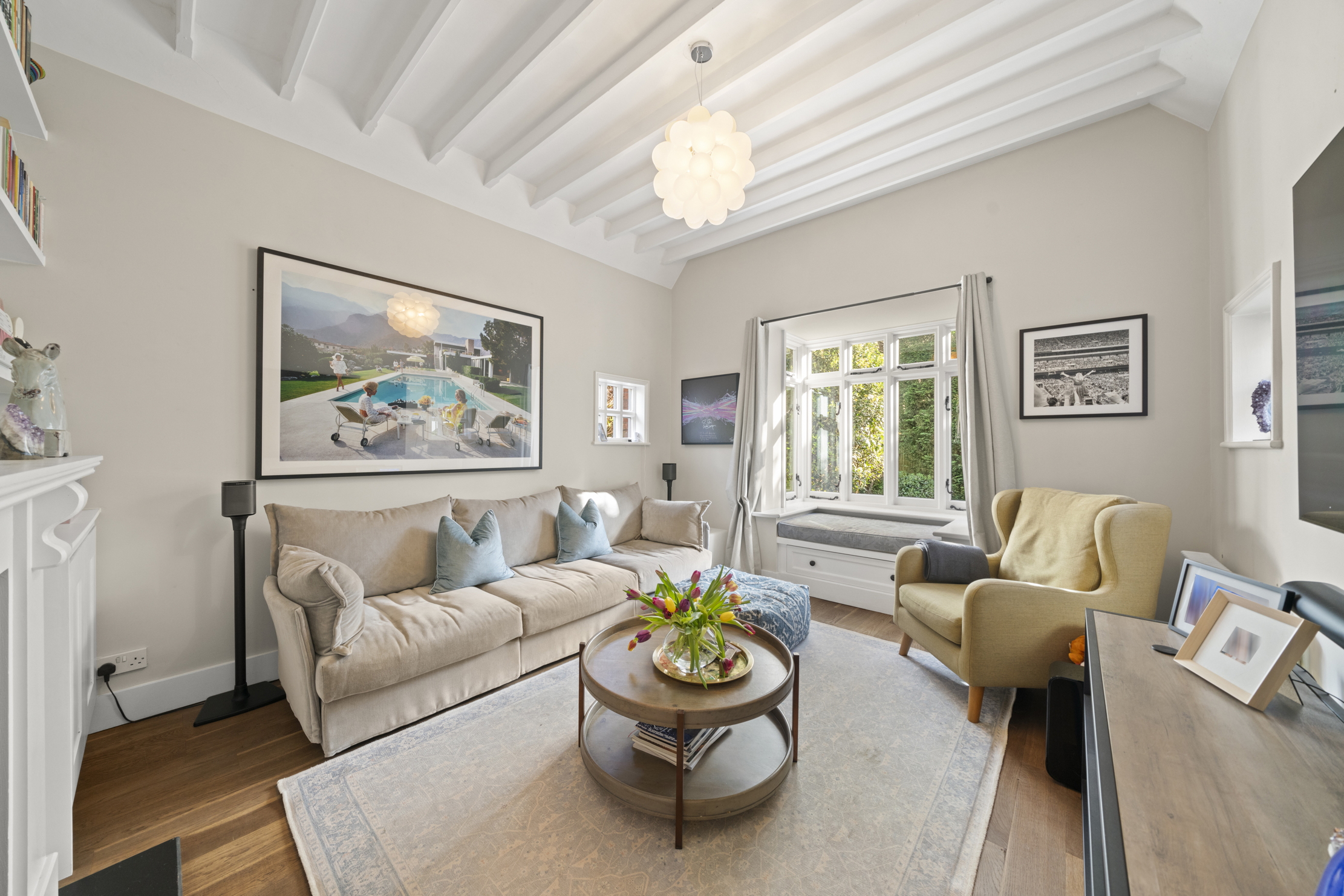 A home cinema, tasteful interiors and 65 acres of private parkland hidden in an unassuming lodge in Kent
A home cinema, tasteful interiors and 65 acres of private parkland hidden in an unassuming lodge in KentNorth Lodge near Tonbridge may seem relatively simple, but there is a lot more than what meets the eye.
By James Fisher Published
-
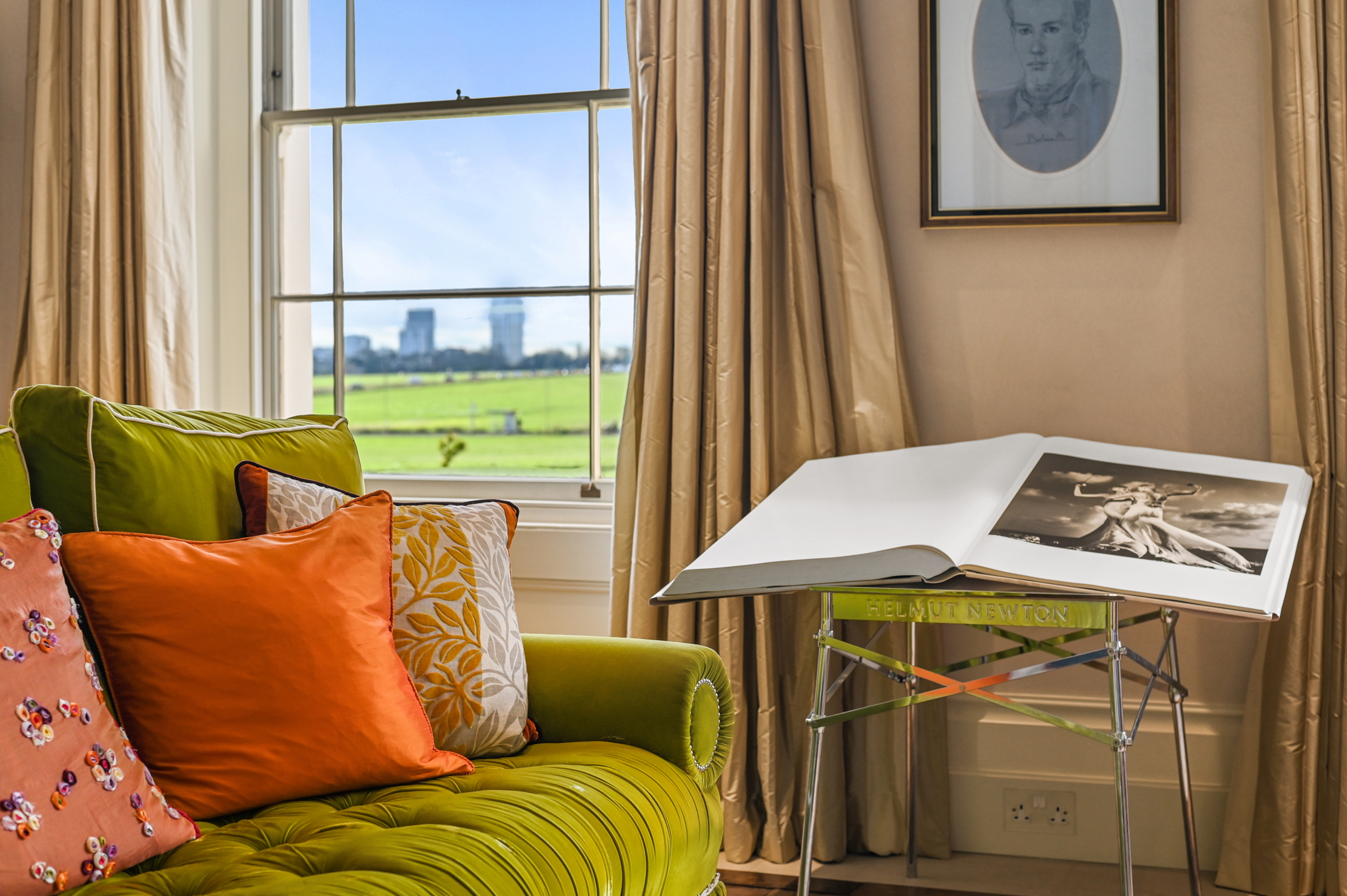 A rare opportunity to own a family home on Vanbrugh Terrace, one of London's finest streets
A rare opportunity to own a family home on Vanbrugh Terrace, one of London's finest streetsThis six-bedroom Victorian home sits right on the start line of the London Marathon, with easy access to Blackheath and Greenwich Park.
By James Fisher Published
-
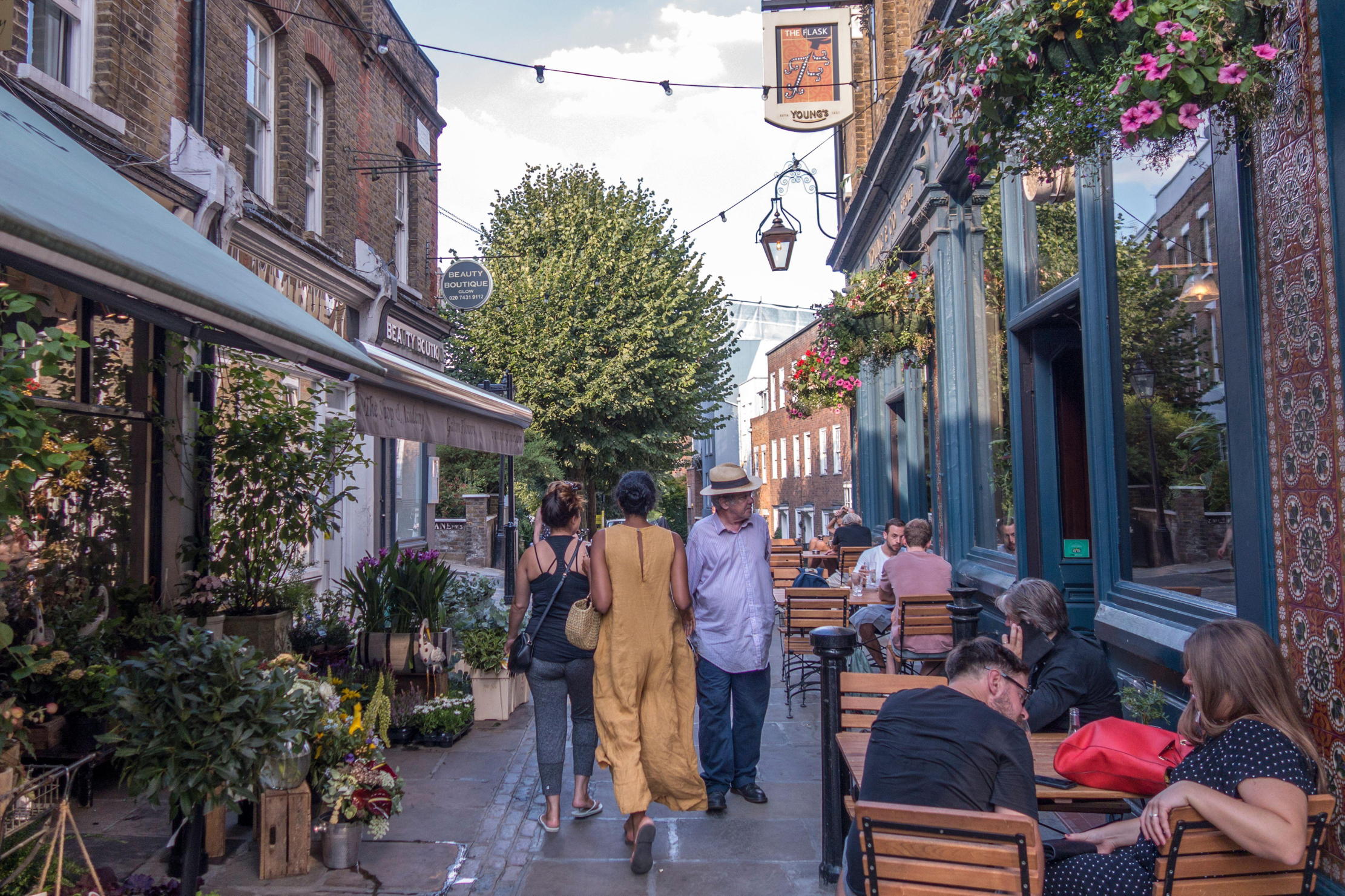 A tale of everyday life as lived on Britain's most expensive street
A tale of everyday life as lived on Britain's most expensive streetWinnington Road in Hampstead has an average house price of £11.9 million. But what's it really like? Lotte Brundle went to find out.
By Lotte Brundle Last updated
-
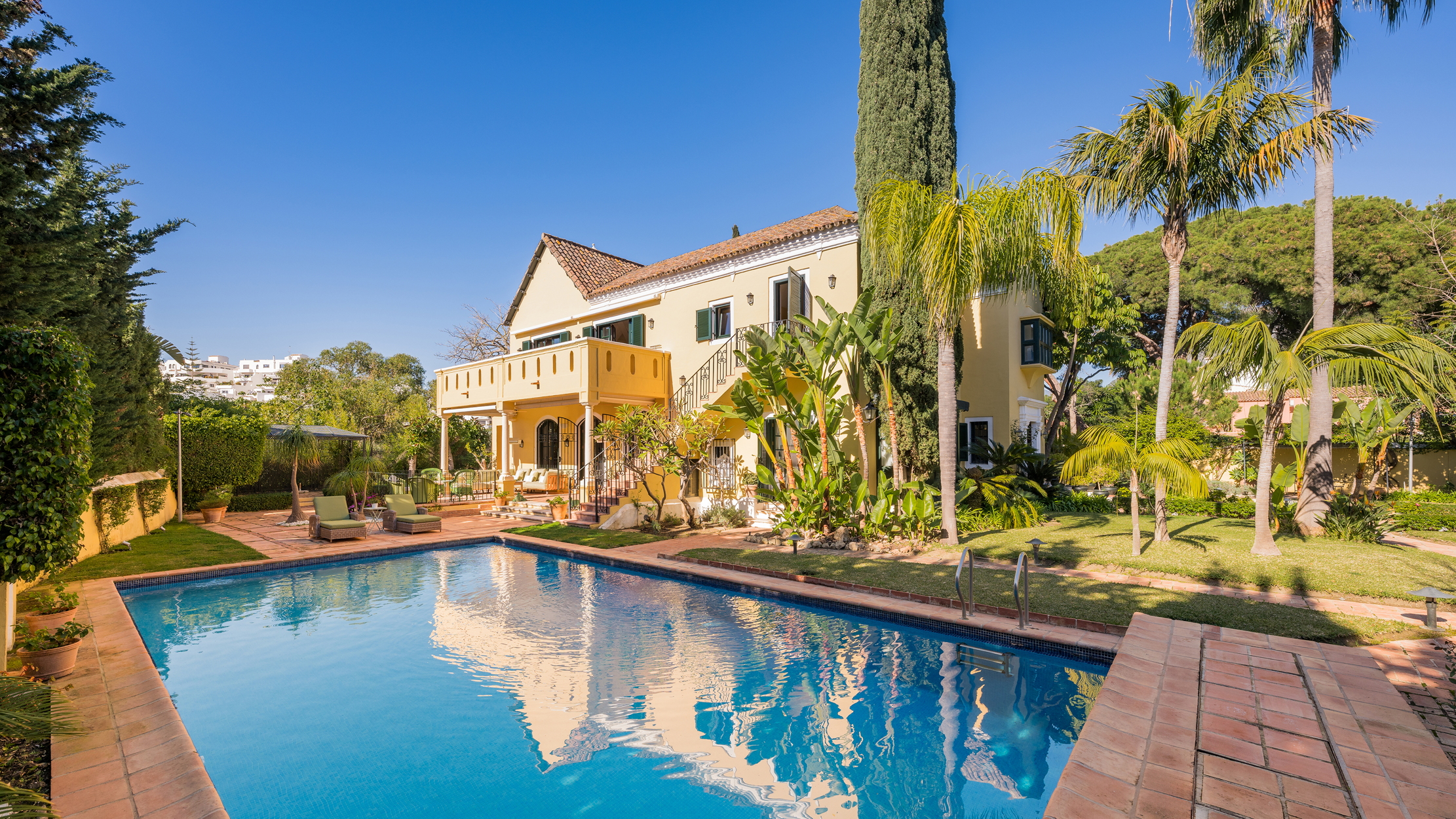 Damon Hill's former home in Marbella is the perfect place to slow down
Damon Hill's former home in Marbella is the perfect place to slow downThe glorious Andalusian-style villa is found within the Lomas de Marbella Club and just a short walk from the beach.
By James Fisher Published
-
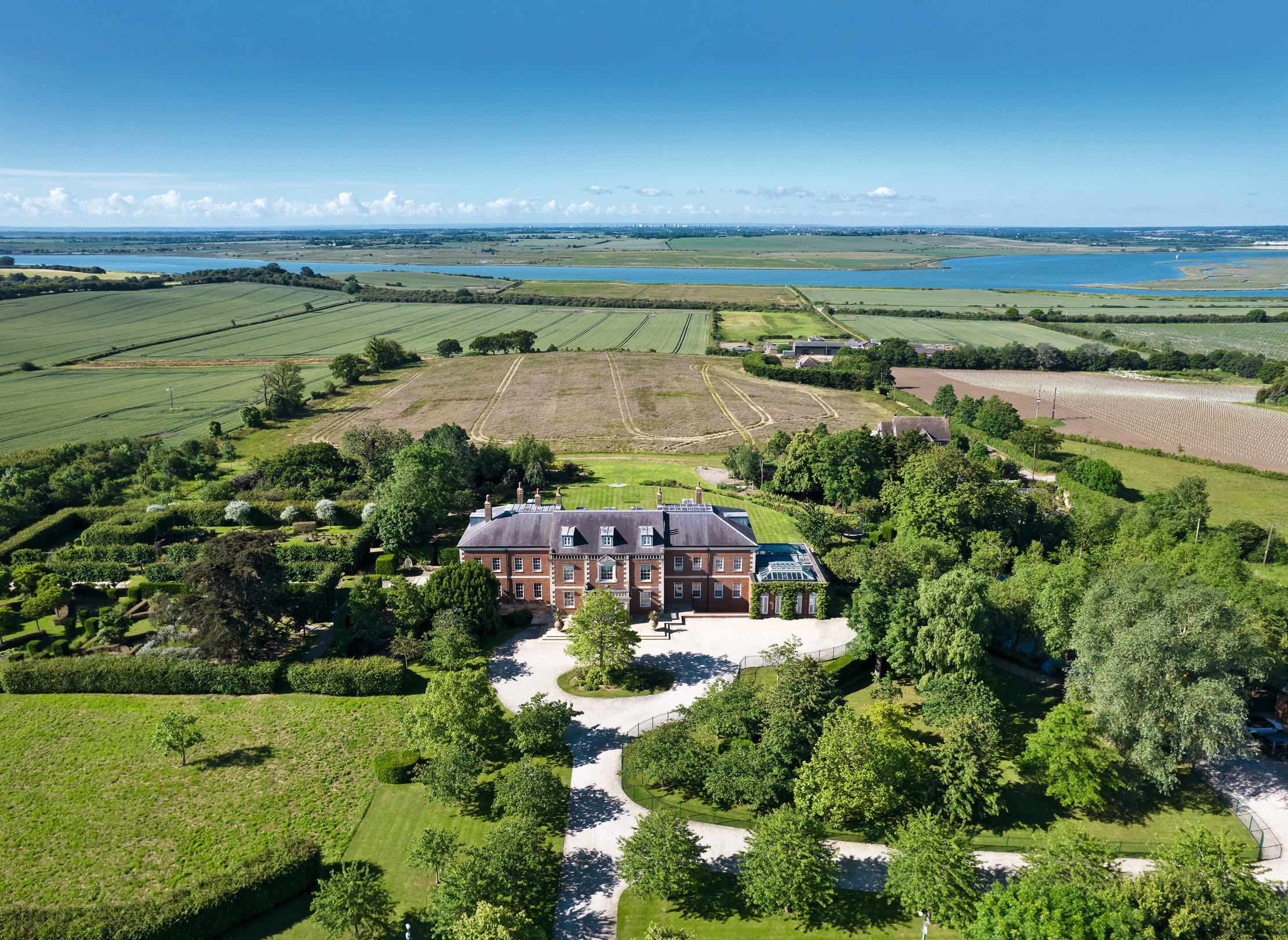 A 327-acre estate in the heart of 'England’s Côte d’Or', with a 26,000sq ft Georgian style home at its heart
A 327-acre estate in the heart of 'England’s Côte d’Or', with a 26,000sq ft Georgian style home at its heartStokes Hall in the Crouch Valley is an inspiring property looking for a new owner.
By Penny Churchill Published
